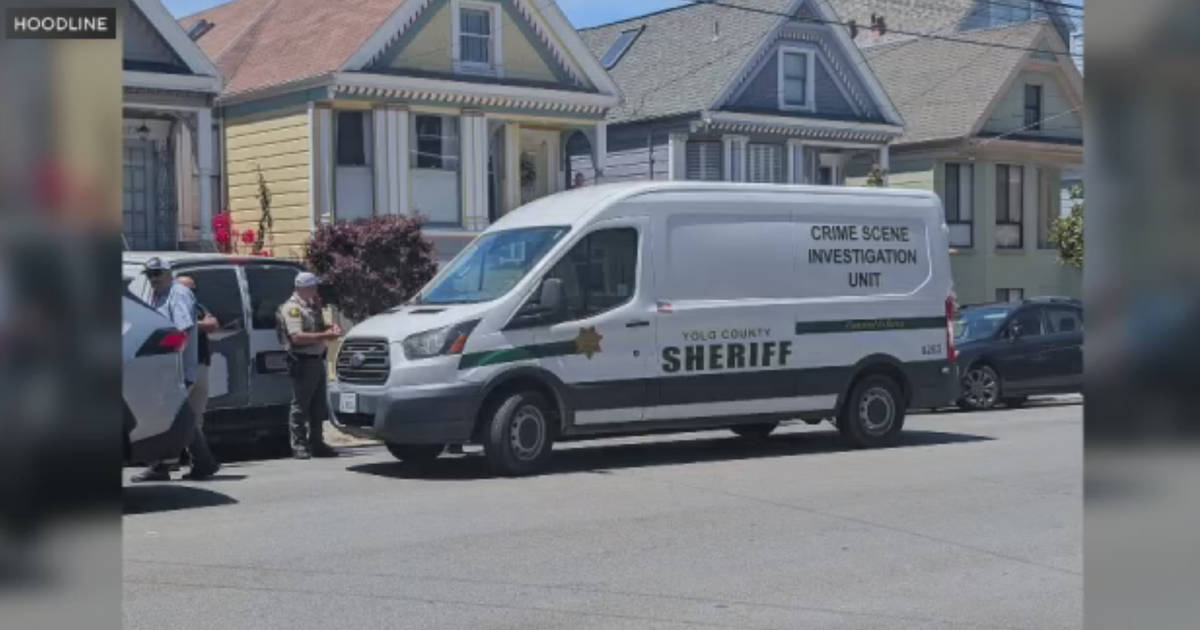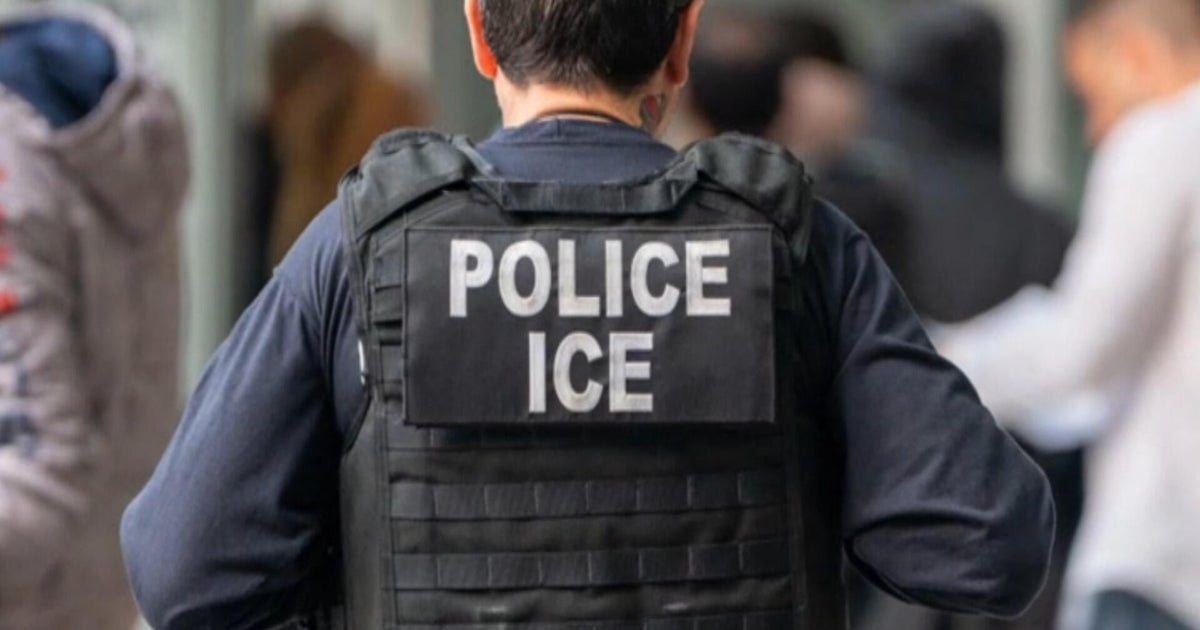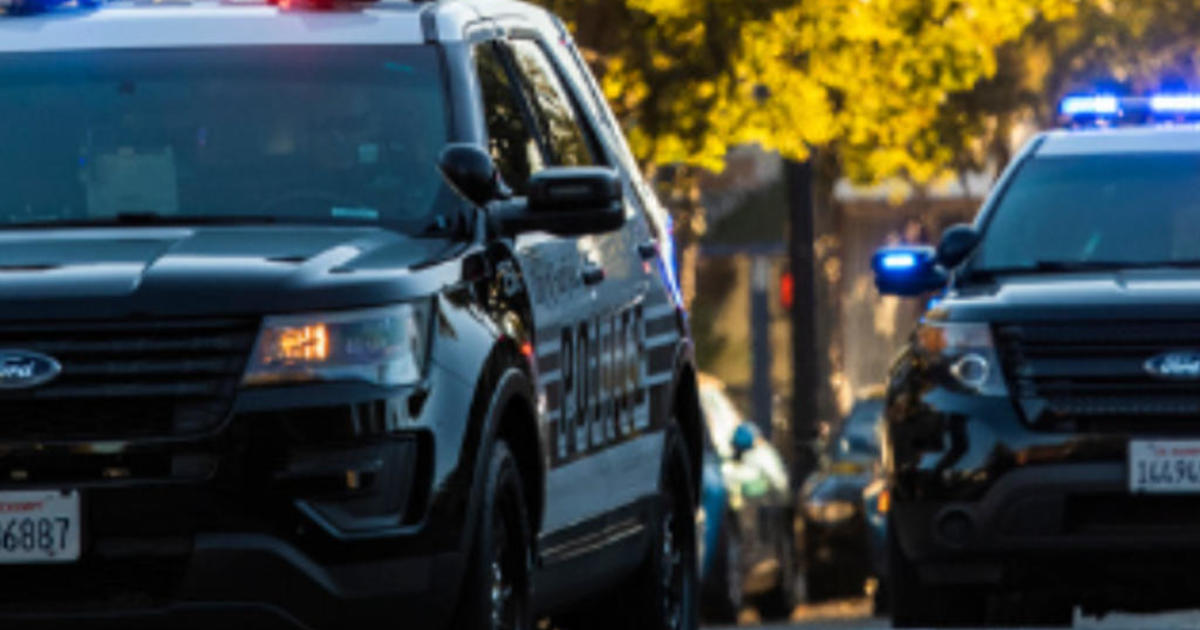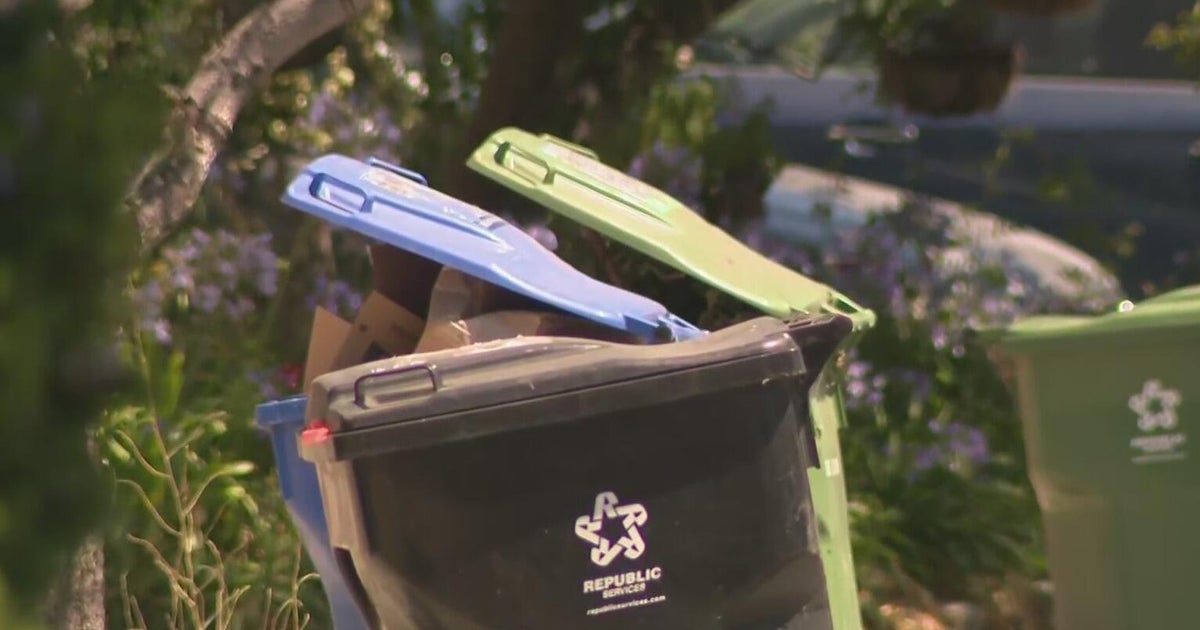Students Rising Above: Abraham Wordsworth
OAKLAND (KPIX) -- In a small apartment on International Boulevard in East Oakland, Abraham Wordsworth works quietly on his homework. In the background, he can hear the small but clear voice of his grandmother singing prayers in her native language in Liberia.
This single picture shows the many worlds Abraham bridges, as he studies his book on neurobiology. He lives here with his blind grandmother and his aunt, who rescued him from the civil wars of Liberia. Outside, on the street, a prostitute walks slowly down the street and carloads of young men slowly drive by. A police car stops to watch.
But when Abraham leaves home and takes the bus to school, he enters the world of the privileged. Abraham attends Head Royce, one of the most rigorous private schools in California, where the tuition is $35,000 a year. He goes to school with the children of doctors, lawyers and professionals who take their children skiing and on vacations to foreign lands.
"I can adjust. I can speak properly or I can speak slang if I need people and friends. He knows which handshake to use for different friends or adults. "I feel like those little tricks that I know help me adapt to whatever situation that I'm put in."
To watch him comfortably interacting with the other students here, you would never guess his background. "Wherever he is, that's precisely the right place to be," explains his teacher, Paul Scott. "Everybody likes him and he seems to like everybody."
But this is a story of much more than a young man with exceptional social intelligence. "Abraham is the kind of kid you read about in books," says Scott. "He's that incredible."
Abraham was born in 1996 during a series of brutal civil wars in Liberia. It's estimated 250 thousand people were killed including his father and several uncles. His young mother was unable to care for him during the chaos, or his sister who died. He was sent to live with his aunt, Theresa Lamadine.
"Anything that I accomplish in my life is for and because of her," says Abraham. "She sacrificed her whole life. Literally, she could have said, these aren't my kids. Why should I care, but she didn't."
When Abraham was a toddler, his aunt managed to lead their escape out of Liberia, with her blind mother and several others in tow. "If God wasn't with me to help him leave Liberia, we're dead," she explains. "My tribe was the one they were fighting…. freedom fighters they call themselves, came across my tribe.. you would not survive it."
They were part of an exodus of people escaping from the warzone in Liberia making their way to a refugee camp in the Ivory Coast. For four years they scraped by, living in a mud house that his aunt built. To supplement their meager rations, she would go out and work on farms nearby, but it never seemed quite enough. "My main memory of the camps is just the feeling of being hungry a lot of the time," says Abraham.
Theresa Lamadine remembers clearly the day when they were told an international rescue group was getting them visas to come to the United States. "I can't explain that feeling," she says, as tears gather in the corners of her eyes. "I just kept sitting there asking, God, is it true?"
Their long journey led them to East Oakland, where Abraham enrolled in the public schools. He remembers he kids teasing him and asking him about the commercials they saw on TV with the sad songs and starving children in Africa with their ribs showing and flies on their faces. "Do you have flies on your face?" they would ask him.
Abraham thought a lot about those television images: "How am I different from that kid," he would ask himself. "I am from Africa. Yes, I was hungry. I don't know about flies, maybe I had flies on my face…I guess the short answer was, there wasn't a difference."
But the drive within him and something his aunt drilled into him has made him a very different person today. "I always told him education was the only way of life," his aunt would say. "In order to prosper, in order to succeed, in order to be somebody in life you have to be educated."
One day at grade school, Abraham noticed a sign on a bookshelf saying the books had been donated by Head Royce School. Later he was to hear more about the rigorous private school on the hill, which fed a growing desire inside him.
"I was looking for something bigger in life and I was looking for a richer experience," he says. Head Royce is extremely difficult to get into. Undaunted, when he was in eighth grade, Abraham employed the help of some mentors to apply for a scholarship to go to Head Royce.
He got in.
"The chances are so slim that somebody with his background would have the courage and the chutzpah to imagine this future and then go and get it- make it happen, get into this school," says Paul Scott.
Most kids coming from public schools into Head Royce struggle academically. But Abraham has a 3.6 GPA.
"When you talk to him and you hear his story, your heart breaks, says Paul Scott. "But this is not a young person who breaks your heart when you talk with him. "
At home now, his family has new worries about Ebola and the relatives they left behind. They pray. But they also know, here in America, Abraham is fulfilling a great family hope through his education.
"Abraham, he is just the kind of little boy that I thought I would never have. But I have him so I thank God," she says. "He is going over there Head Royce… I am overwhelmed."
He wants to do something to help people, perhaps through neurobiology. "I could have ended up lost, I could have ended up dead, whatever, but I didn't," says Abraham. "So there are definitely a lot of positives and that's the internal drive in me to see the good in life."
MORE PROFILES OF STUDENTS RISING ABOVE:



